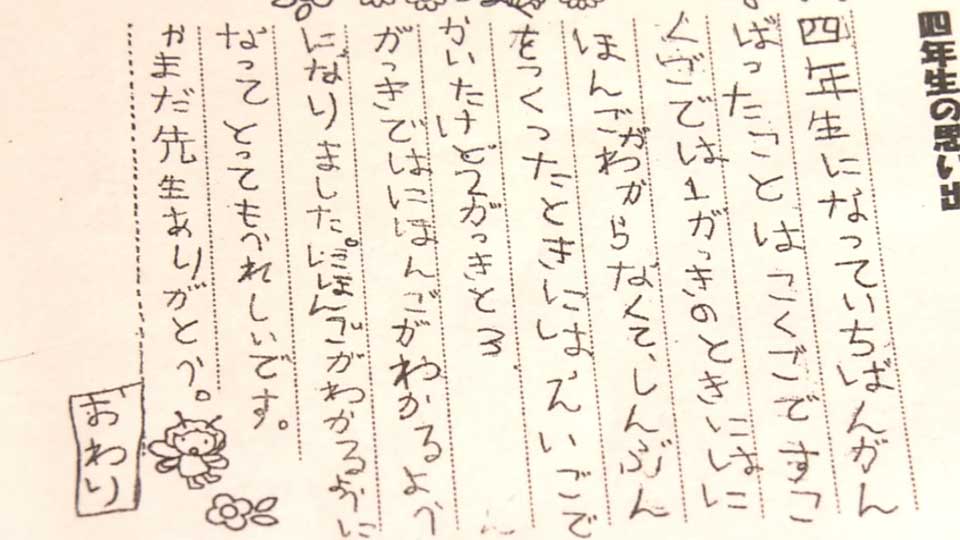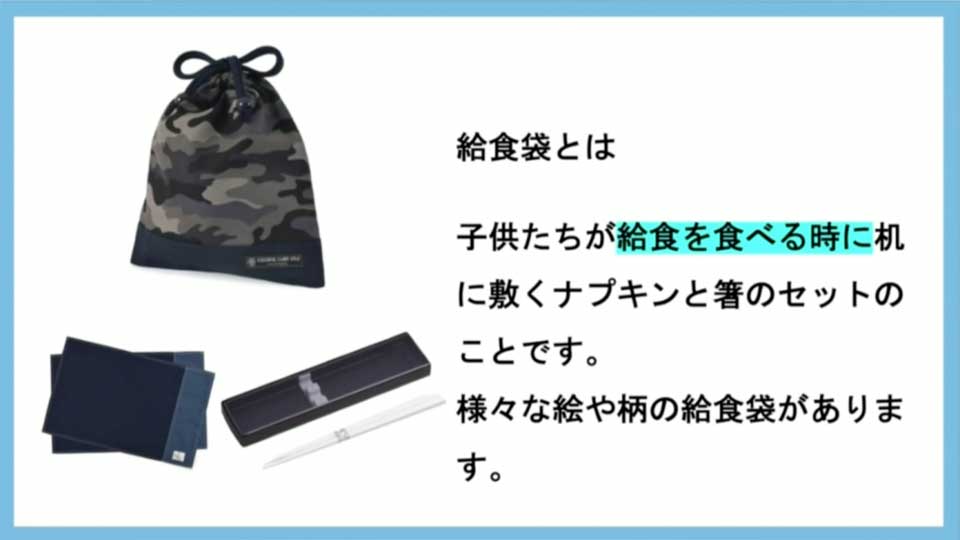Improved Japanese, increased burden
Aziz still remembers the long hours he devoted to learning Japanese in elementary school after his parents moved from Pakistan to Gunma Prefecture for work.
He wasn't just learning the language for himself, but for his family, too.

His parents had almost no Japanese language ability, so he -- the oldest child -- became their defacto interpreter.
To keep up with his peers, Aziz wrote Japanese every day and asked his teachers to correct it. He quickly improved, but with greater proficiency came greater demands on his time at home.
Aziz says he would sometimes have to miss school to interpret for his parents during visits to hospitals or to the city hall. He even filled in pension paperwork for them.
"As a fourth grader having to fill out pension documents, I first had to understand Japan's pension system," he says. "This meant I had to study a lot of things, which was hard work."
His parents remain deeply grateful for his help. His father, Joseph, says, "He always made time for his family and did everything for us. Everything -- writing things for us, various documents -- that kind of thing."

Helping foreign families adjust to Japan
As an adult, Aziz began thinking about other foreign families living in Japan under similar circumstances and came up with an idea for an online service called the Living Together Project.
Two years ago, while still at university, he launched a video production company in Maebashi City. Now he's also creating and posting videos on a volunteer basis. Aimed at non-Japanese parents and their children, the videos provide information about elementary school essentials such as arithmetic boxes, lunch smocks and caps, calligraphy kits and more.

"A lot of misunderstandings arise when foreign children communicate with their parents, because the latter have never been to a Japanese school or seen what goes on inside one," Aziz says
He remains surprisingly positive about the hardships he endured as a child. "I am where I am now because I overcame them," he says. But he wants to leverage those experiences to make things easier for other children coping with similar problems.
Situation remains the same
Aziz's friends are also involved in the project, lending a hand with the production of videos for foreign families.
Peruvian Brunella Muro Olivari produces videos in Portuguese and Spanish. Like Aziz, she played the role of interpreter in her family when she was a child. Now she supports foreign students at elementary and junior high schools in Gunma Prefecture.
"I'm working onsite with schools at the moment," Muro Olivari says. "The situation hasn't changed since I was young. It's a shame that kids can't be kids just because their parents are foreigners."
Muro Olivari is concerned that children who are still learning Japanese but missing school to support their families will fall behind in their studies. She worries they may experience difficulty going on to higher education.

Boosting support for foreign parents
Among those working with Aziz is his former university lecturer, Takeuchi Ai.
Takeuchi is an associate professor at Kyoai Gakuen Maebashi International University, where she studies educational systems around the world. She says it's vital that the guardians of foreign children in Japan get more support.
"This issue for children with foreign backgrounds is not just arising in a handful of schools," she says. "It's happening in various places across Japan. The first step is to have people recognize it is a social problem."
"A child's performance at school is dependent on whether or not their guardian understands that child's education. So it's also important to provide substantial support for guardians."
Striving to living together
Aziz's friends continue to support his Living Together Project. Going forward, he plans to release more videos that disseminate a wide range of information necessary for living in Japan.

"Videos are one portal through which we can support children who come to Japan," he says. "Ultimately, I hope to create a complete manual for those moving to Japan in the form of an app they can install and use to understand everything about living here."

